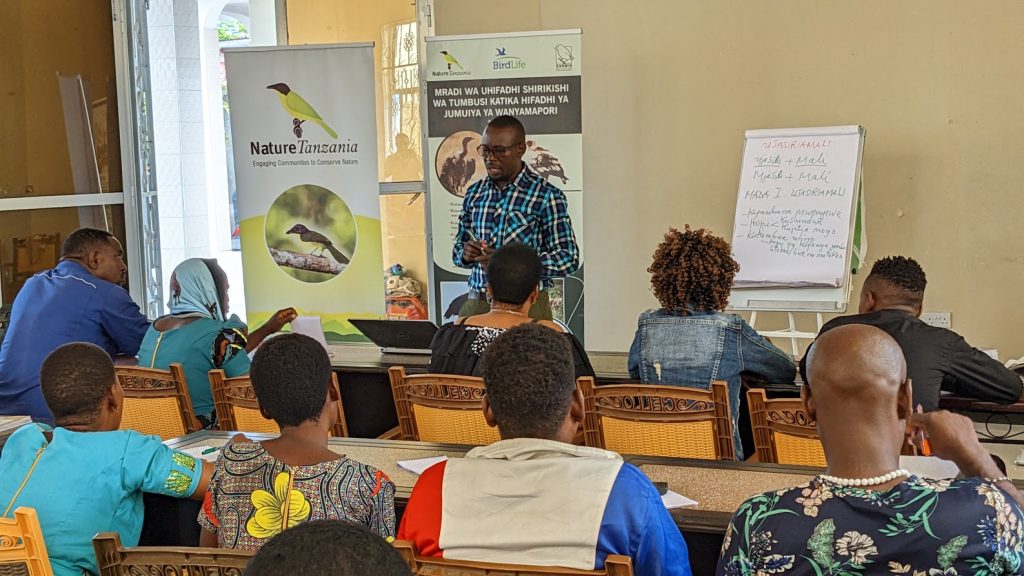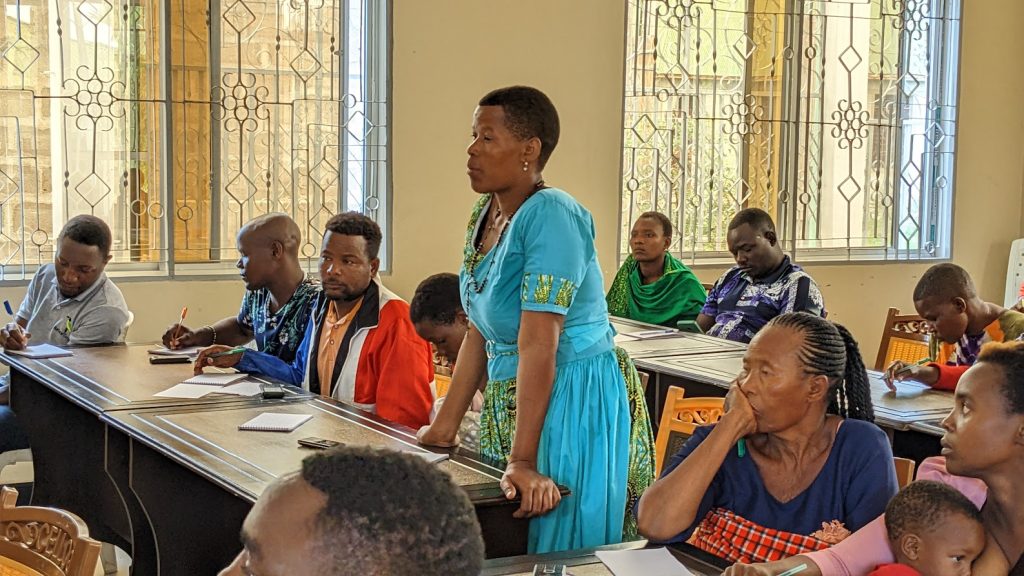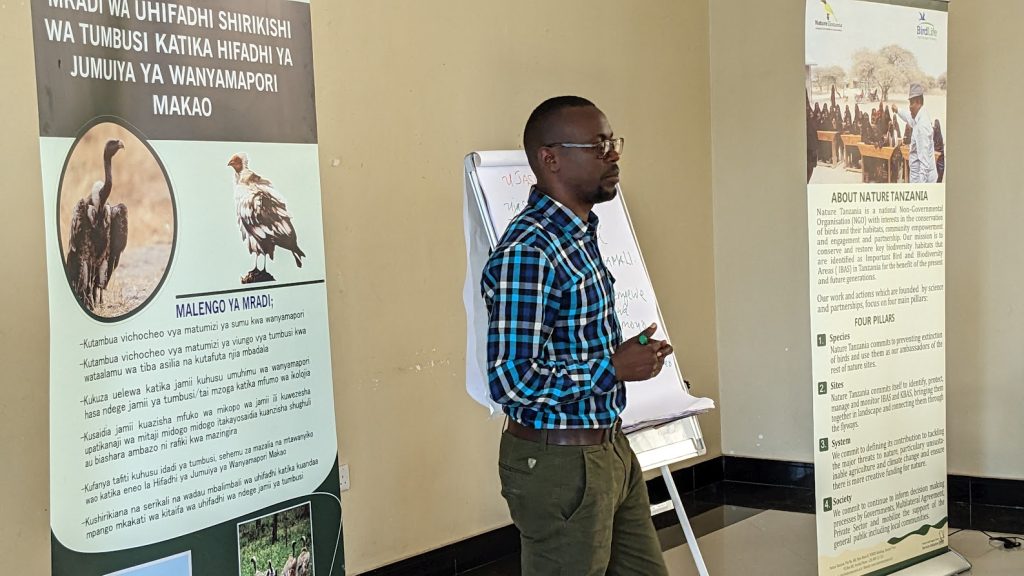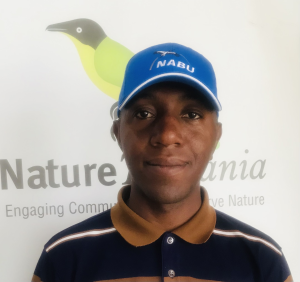Community Revolving Fund (CRF) supports vulture conservation efforts in Tanzania

In Tanzania, Nature Tanzania is engaging local communities in the Makao Wildlife Management Area (WMA) in north-central Tanzania to protect vultures.
By Vincent Onyango
Across Africa, vulture populations are facing steep populations declines, with some species facing declines of up to 97% over the last 50 years. Today, 7 out of 11 vulture species are faced with extinction, with poisoning, accounting for more than 60% of vulture deaths. Belief based use where vultures are killed for their body parts- used in traditional medicine accounts for about 29% of vulture mortalities on the continent. In Tanzania, Nature Tanzania is engaging local communities in the Makao Wildlife Management Area (WMA) in north-central Tanzania, to protect vultures.
A key aspect of this work revolves engaging traditional healers to substitute vulture parts for plant-based alternatives. Consequently, a perennial herb – Biophytum crassipes (kiloto) has been identified for use. Further, Nature Tanzania is engaging communities in the area through promoting community livelihoods. Consequently, a Community Revolving Fund (CRF) owned by the community is in operation.
The CRF entails a cashless system for the disbursement and repayment of small loans, and involves the community including traditional healers. Loans are provided to support environmentally sustainable businesses, thus improving community livelihoods. With financial support from Darwin Initiative through BirdLife International, Nature Tanzania has incorporated 15 million Tanzania shillings (£5,000) to support the Fund.

“Employing an integrated approach to vulture conservation will not only safeguards these important birds but also reduce environmental pressures, creating a sustainable harmony for all”, notes Fadzai Matsvimbo, Preventing Extinctions Programme Coordinator, BirdLife International.
The fund is managed and operated by the Makao Wildlife Management Authority, Meatu District Council, Nature Tanzania, and the CRF committee. The committee is made up of representatives from the Meatu District council, Makao WMA, and Nature Tanzania. This committee evaluates loan applications, and conducts monitoring and evaluation of the granted loan projects where businesses are regularly reviewed. Further, community members are benefiting from capacity building trainings on entrepreneurship thus reducing pressure to the environment and helping address drivers of wildlife poisoning, including income losses linked to human-wildlife conflict and belief- based use of vulture body parts.
“We thank Nature Tanzania for supporting the government on fighting against poverty by helping Makao community to have access to loans with small interest hence they will be able to start or improve their small businesses”, notes Fauzia Ngatumbura, Meatu District Commissioner.

The first batch of loans was disbursed in July 2023 dispatched where 56 people (33 women and 23 women) benefited from the loans. The beneficiaries went through entrepreneurship training to enable them run small businesses well improving their livelihoods and reducing pressure to environment and wildlife.
“The loan we got from the vulture conservation project implemented by Nature Tanzania helped us to purchase a new tailoring machine which improve our working efficiency as we deal with customers order within time enhancing their trust to us hence the number of customers increased. We started paying back the loan and we are expecting to return it back the whole loan with interest as soon as possible for our fellow groups to benefit too” , says Miss Jane Nchambi Mipawa, Treasurer of Mbuyuni Women Group – one of the groups benefiting from the loans.
“These people are experiencing the tangible benefits from the CRF implementation. We are now expecting to have a large group of vulture conservation ambassadors, since each beneficiary has been automatically registered as a vulture conservation ambassador, and will assist Nature Tanzania to raise awareness on the importance of these threatened birds” , concludes Edwin Kamugisha, Program Officer, Nature Tanzania.

Header image: Entrepreneurship training in Tanzania © Nature Tanzania

“These people are experiencing the tangible benefits from the CRF implementation. We are now expecting to have a large group of vulture conservation ambassadors, since each beneficiary has been automatically registered as a vulture conservation ambassador.”
Edwin Kamugisha, Program Officer, Nature Tanzania.